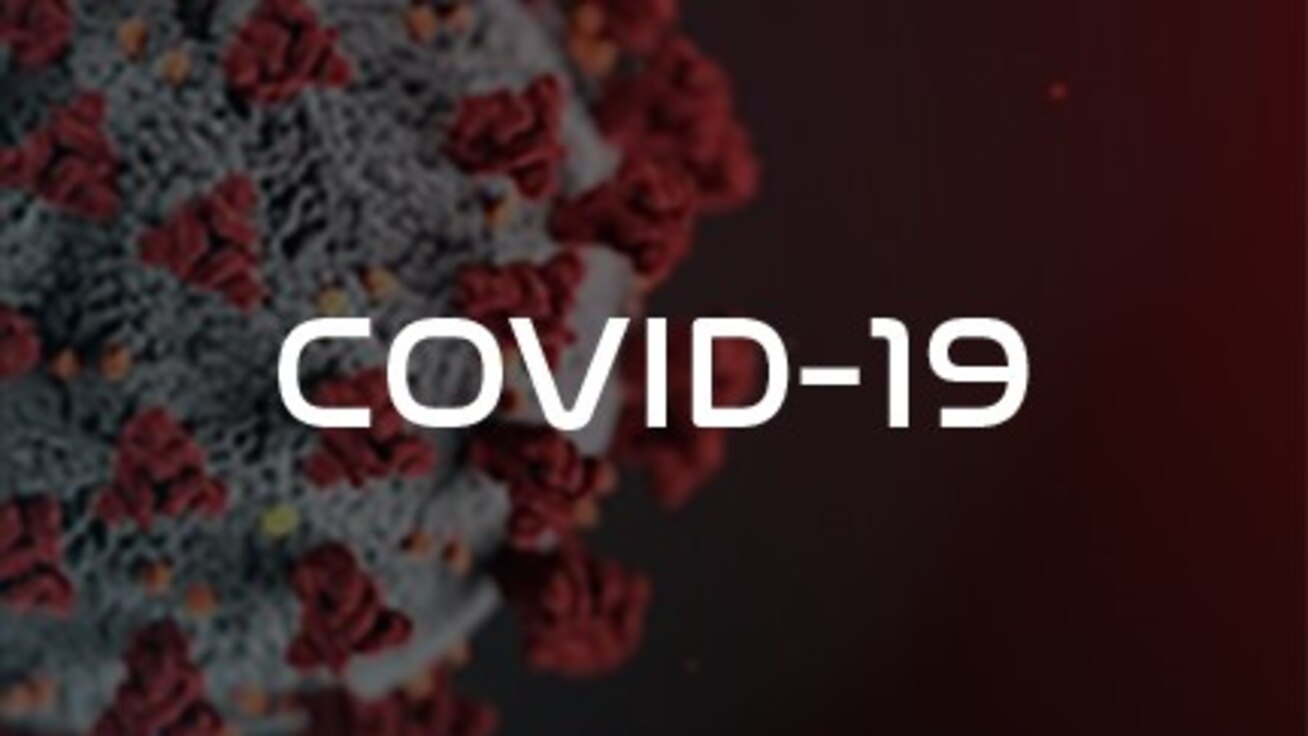In 2012, with the help of her uncle who worked in the pathology department of Gonoshasthaya Kendra (GK), Shilpy enrolled in paramedic training at Sreepur GK. After successfully completing the training, she began her career as a paramedic in Dhamsona/Pathalia Union, Savar. Her dedication and strong work ethic quickly earned her a promotion to supervisor within six months.
Shilpy later joined the WSM project, where she organized health programs in garment factories and communities. Through this work, she developed a deep connection with garment workers and village women. With support from WSM, she received advanced training in normal delivery and began assisting with home births alongside Traditional Birth Attendants (TBAs).
Motivated by the impact of her work, Shilpy continued to grow professionally. She was transferred to Shimulia GK and later enrolled in a nursing program under the Technical Board. Her earnings helped support her family—she repaired their home, bought cows for her father to start a more stable livelihood, funded her siblings' education, and even purchased land with combined savings.
Now married and pursuing a degree at an open university, Shilpy is about to receive her nursing certificate. She proudly identifies as a nurse—a dream that once seemed out of reach due to financial hardship. Thanks to the support from GK and WSM, Shilpy has not only changed her own life but also uplifted her entire family and community health especially for pre and post-natal care.























